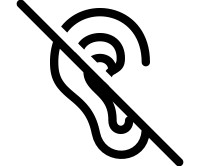Chemical Burns
Mind The Bleep
OCTOBER 29, 2024
Circulation Assess heart rate, blood pressure, peripheral and central CRT, pulses and 3 lead ECG. Establish IV access and begin fluid resuscitation with 250ml boluses of 0.9% National Poisons Information Service (0344 892 0111) and TOXBASE have useful information on special chemicals and are accessible 24/7.












Let's personalize your content